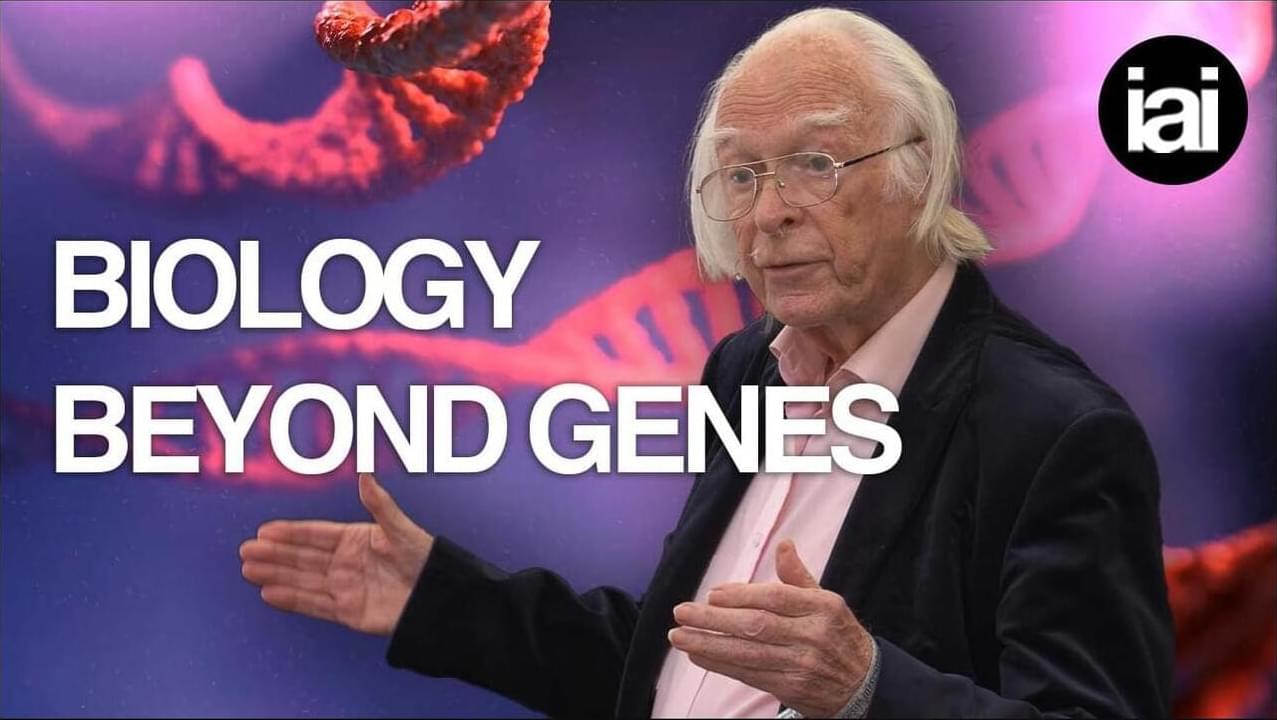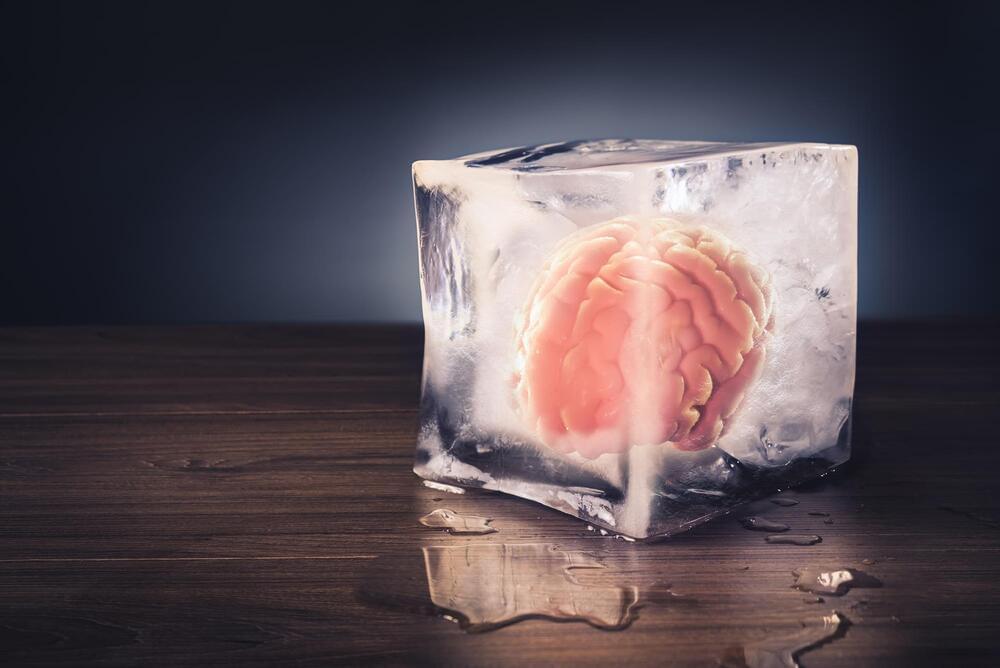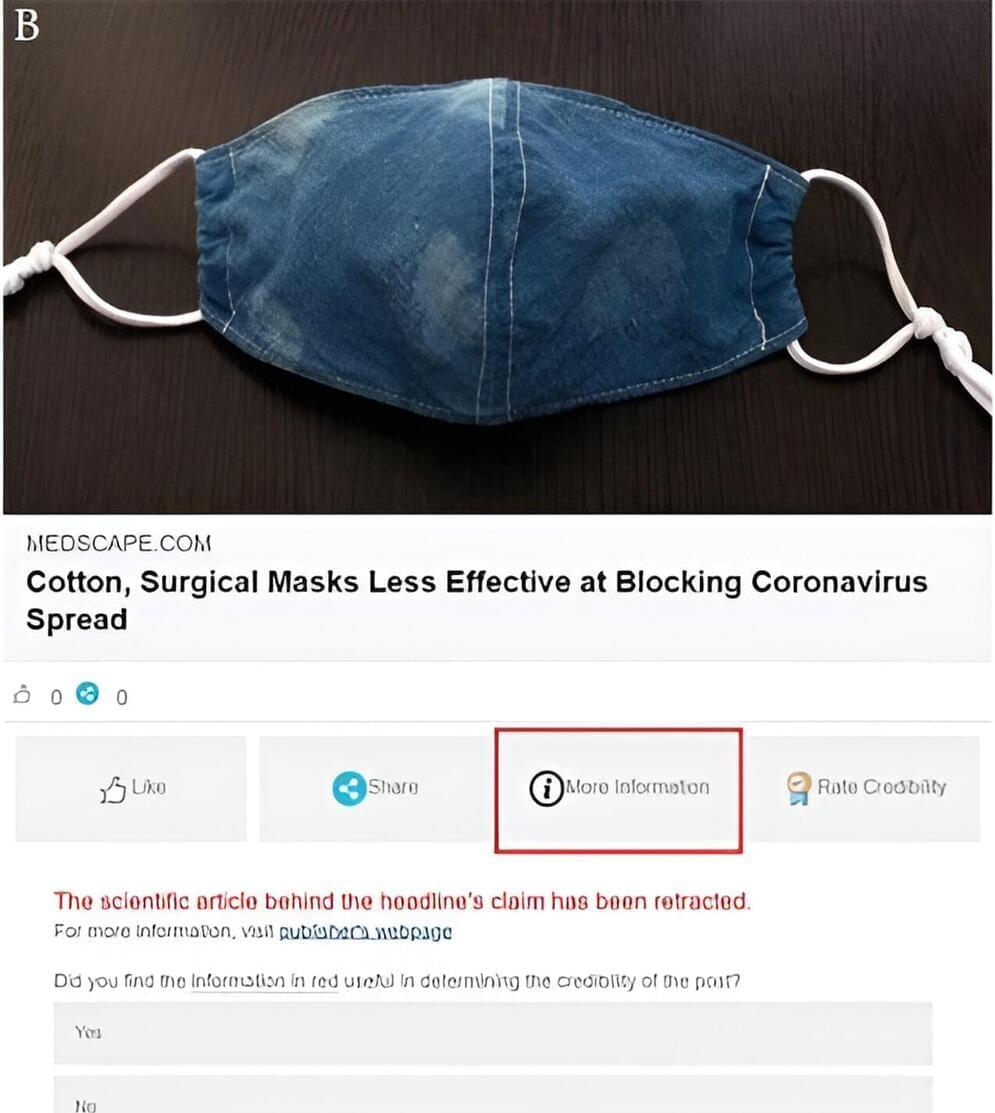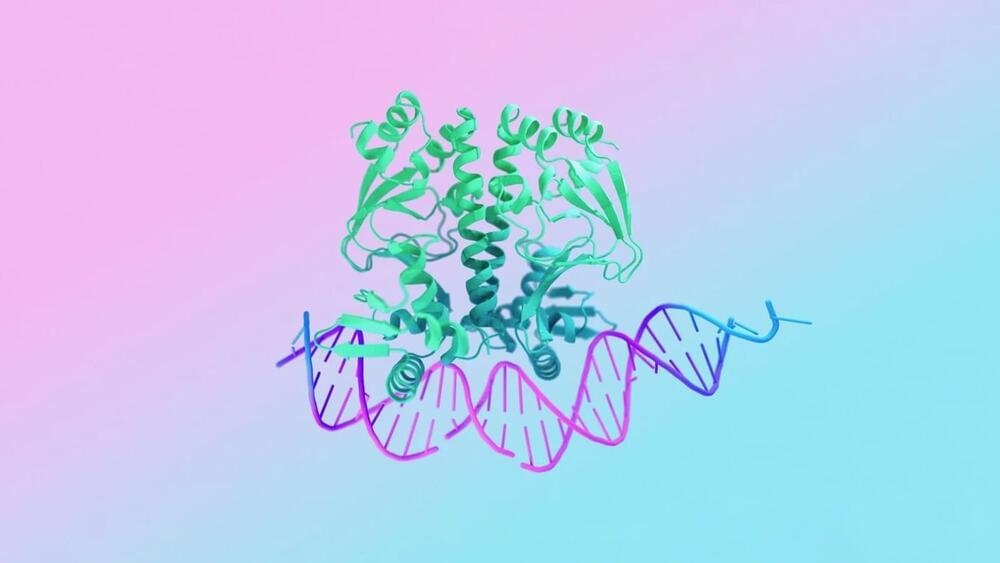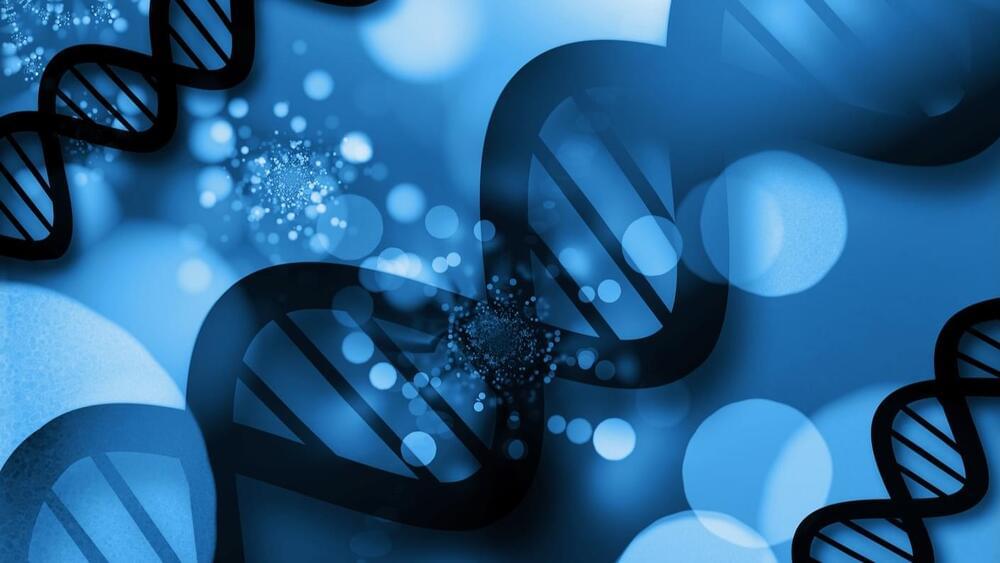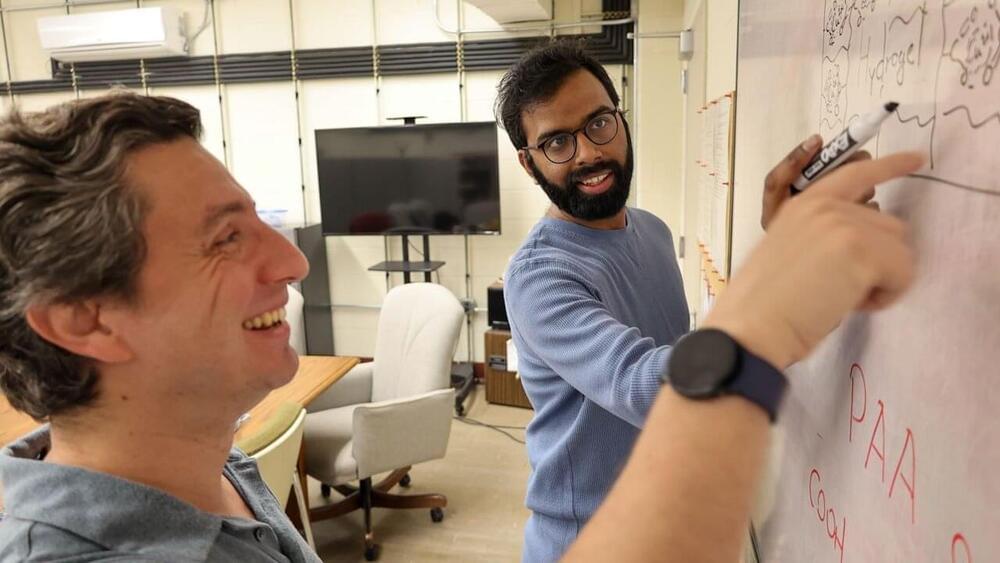
In a May 15 paper released in the journal Physical Review Letters, Virginia Tech physicists revealed a microscopic phenomenon that could greatly improve the performance of soft devices, such as agile flexible robots or microscopic capsules for drug delivery.
The paper, written by doctoral candidate Chinmay Katke, assistant professor C. Nadir Kaplan, and co-author Peter A. Korevaar from Radboud University in the Netherlands, proposes a new physical mechanism that could speed up the expansion and contraction of hydrogels. For one thing, this opens up the possibility for hydrogels to replace rubber-based materials used to make flexible robots—enabling these fabricated materials to perhaps move with a speed and dexterity close to that of human hands.
Soft robots are already being used in manufacturing, where a hand-like device is programmed to grab an item from a conveyer belt—picture a hot dog or piece of soap—and place it in a container to be packaged. But the ones in use now lean on hydraulics or pneumatics to change the shape of the “hand” to pick up the item.


